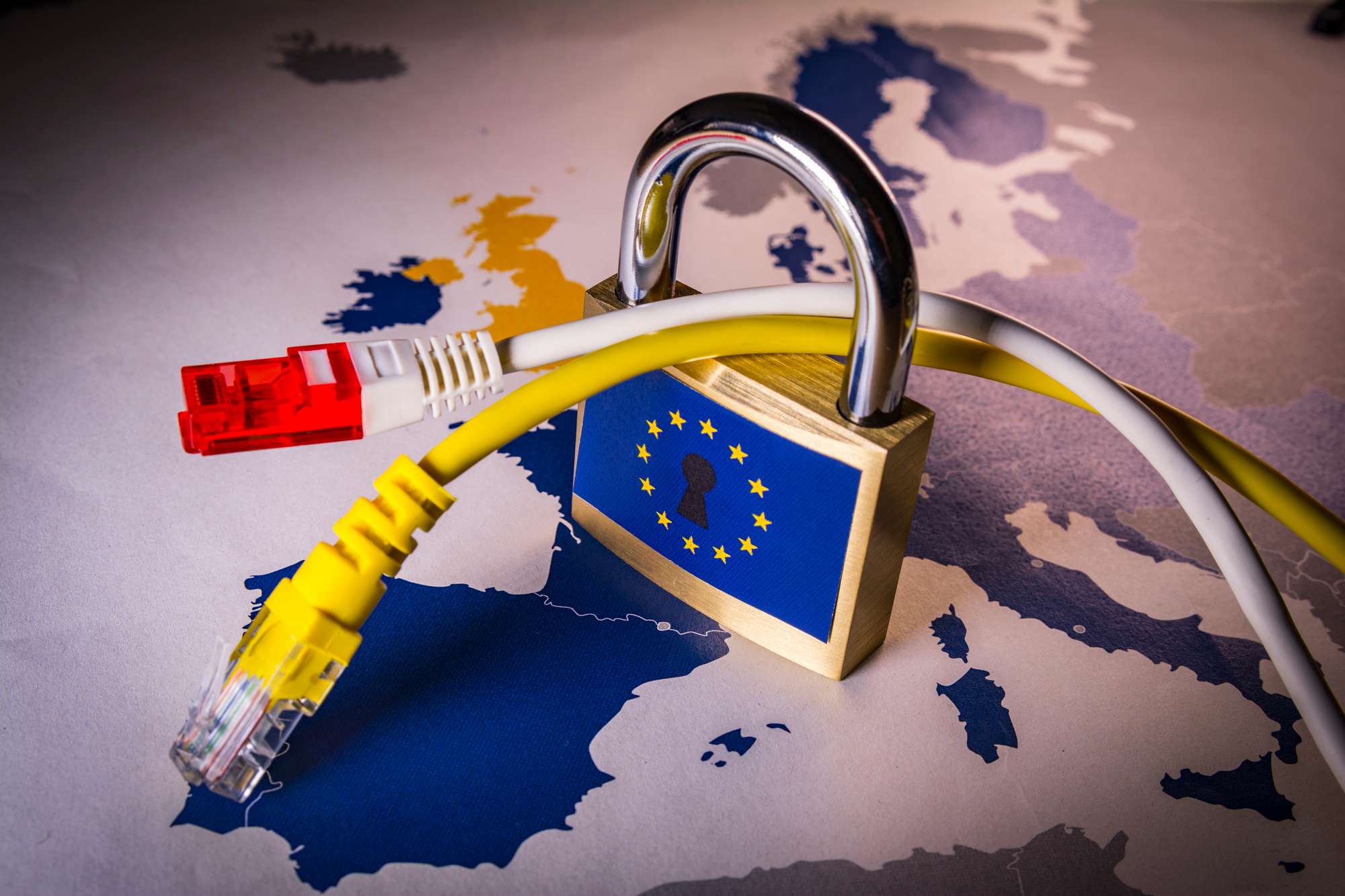THE Digital Services Act (DSA) comes into force this Friday, August 25 and will force online platforms to change their practices, under penalty of heavy penalties.
After several years of dithering, the ambitious DSA finally comes into action this Friday, August 25, and the Web giants will have to adapt to this new regulatory arsenal.
A European framework aimed at curbing abuse on the most important platforms
The DSA was designed to prevent excesses and abuse on the most powerful online platforms and put an end to various practices such as online harassment, but also scams or digital advertising.
The European Union is initially targeting platforms operating in Europe and each with more than 45 million users. There are therefore 19 equally popular and powerful companies that will have to comply with its new regulatory rules: Meta (Facebook, Instagram, WhatsApp), Google, Apple, Amazon, Booking or even Snapchat and TikTok.
Online platforms are not held responsible for the words and actions of their users. The DSA does not change this state of affairs, but the numerous sanctions provided for in the event of non-compliance with its obligations by a platform can cost it very dearly, with a fine equivalent to 6% of its worldwide turnover in the event of a violation. offence, or several billion dollars for these large groups with stratospheric revenues.
In the event of a repeat offence, the Web giants risk an outright ban on European territory.
Strict regulation to fight against harassment and advertising targeting of the youngest
The details of the measures put in place by the DSA include the possibility for users to report content and the rapid removal of illegal publications by the platforms. They will also have to ensure that they have a moderator in each country of the Union to respond to requests for deletion. Of the ” trusted flaggers “, like the French platform Pharos, will see their reports treated as a priority. The platforms will also have to offer a follow-up of moderation requests.
Regarding online advertising, targeted ads are now prohibited for users under the age of 18. Platforms will no longer be able to offer targeted advertising based on the sexual orientation and religion of their subscribers. In addition, social networks will have to offer users a view of the content of their subscriptions free of any algorithm.
E-commerce sites such as Amazon or Ali Express will have to ensure the quality of the sellers who can present their products, in order to avoid scams, even if Amazon recently protested against its inclusion in the list of companies subject to the DSA.
Finally, the DSA takes a close interest in the recommendation algorithms of these platforms. The latter must be able to give access to their suggestion tools and indicate to users why content has been offered to them and on what criteria. Researchers will also need to have access to this data to carry out studies.
Willy-nilly, the majority of companies affected by the DSA have indicated that they are working to apply these binding rules. Meta recently indicated that 1,000 of its employees were working on the subject. TikTok, Apple and even X.com are currently on the bridge to comply with the new European law.
The European Union will carry out regular audits to verify the correct application of these new rules.
Source : Le Figaro

9